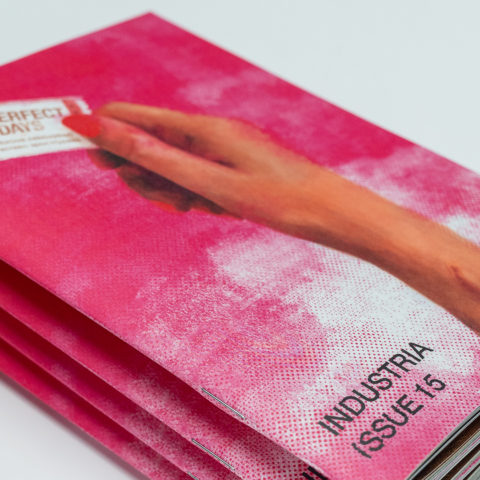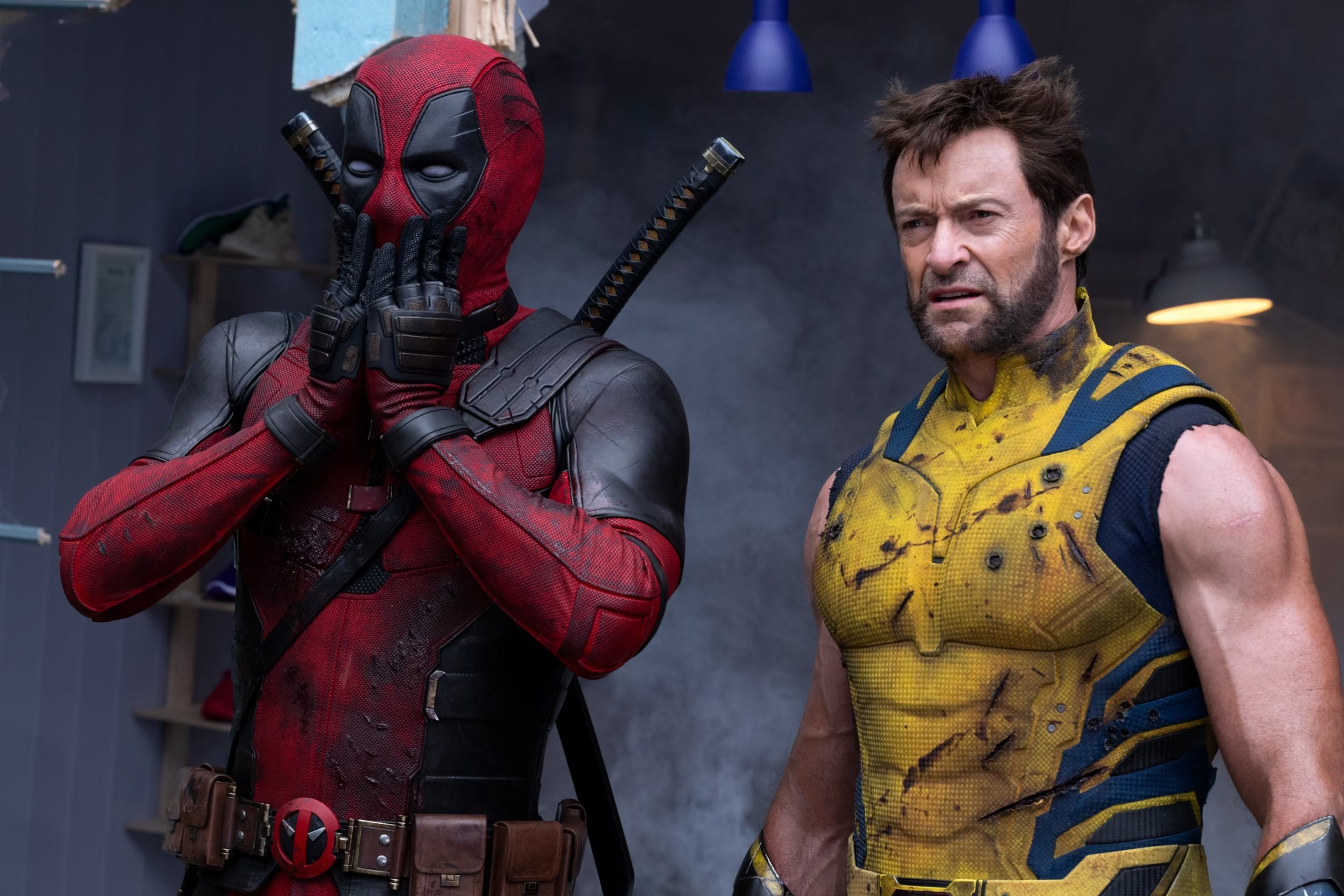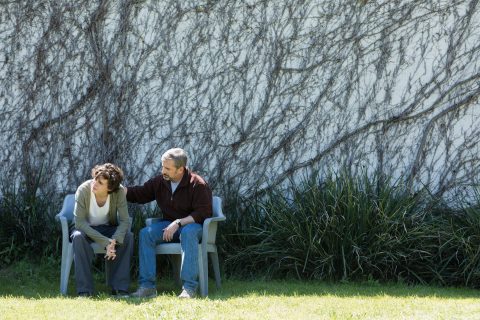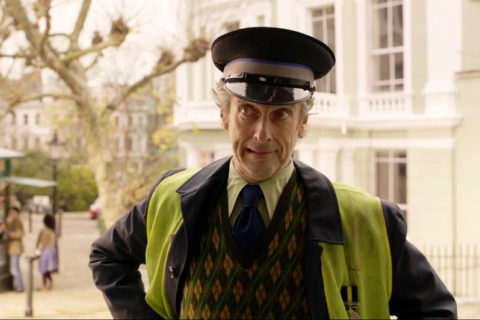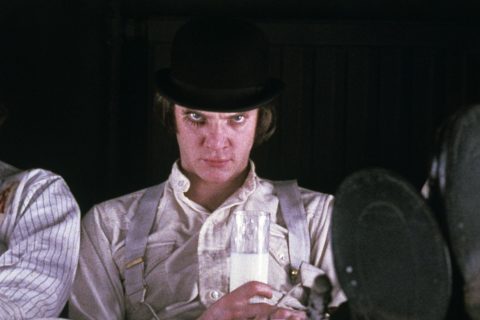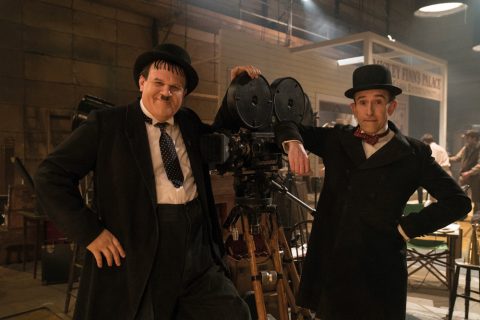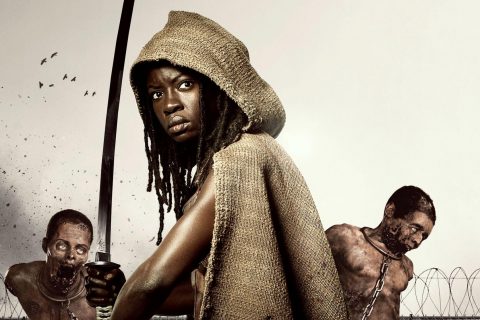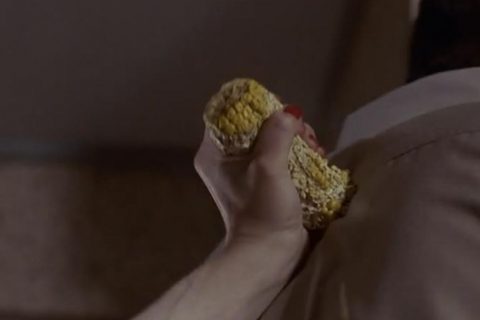“I didn’t fit the mould” – Karen Bryson
Actress/director Karen Bryson on her short film Monochromatic
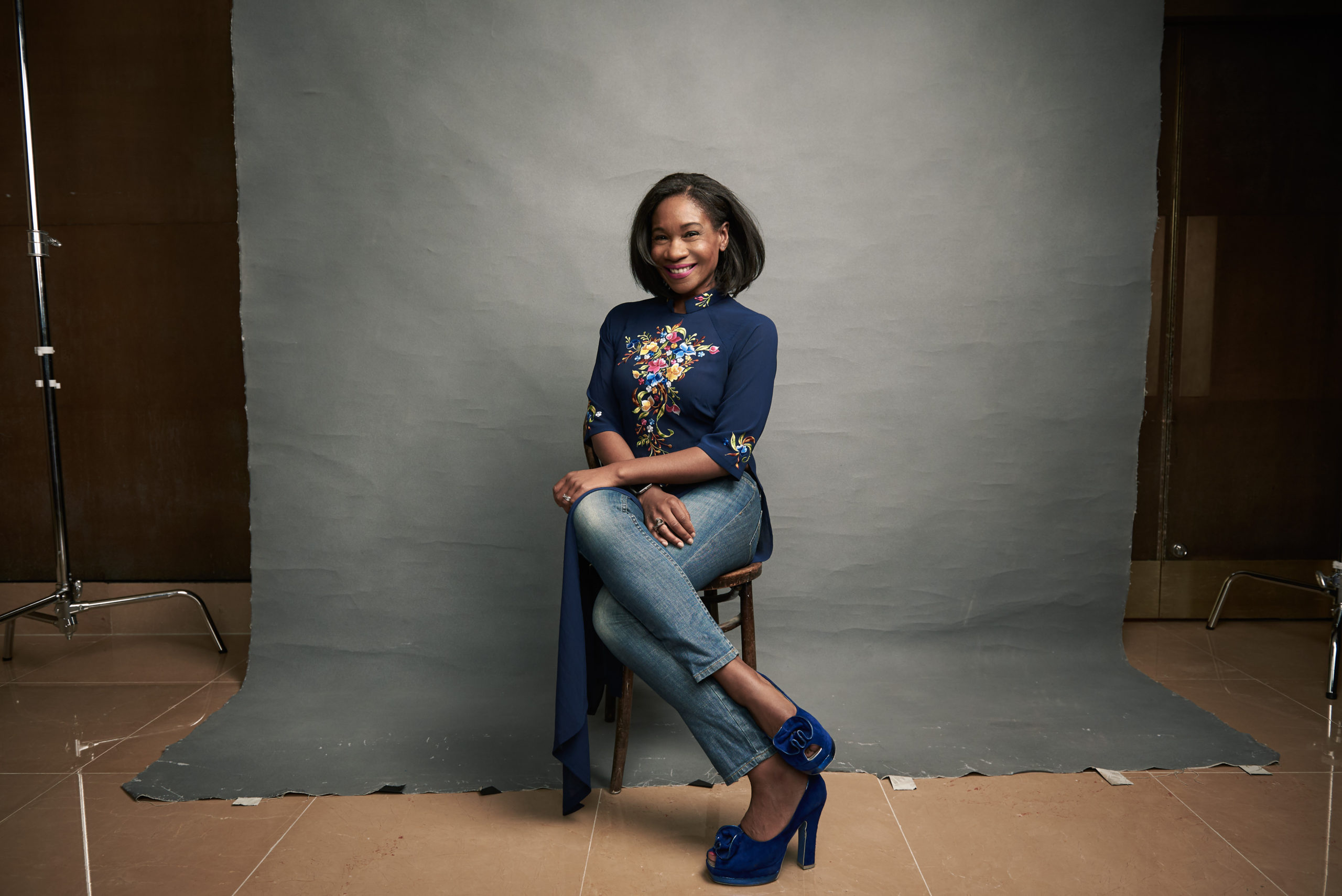
From Wembley to West Hollywood, actress, writer and director Karen Bryson has starred in Zack Synder’s Justice League, Channel 4’s Shameless, Sky’s Black Narcissus and BBC’s Happy Valley and The Split. Awarded an MBE in 2017 for services to drama, Karen’s now using her personal experience of growing up in London to explore racism and encourage people to get comfortable with feeling uncomfortable with her first short feature.
“Monochromatic tells the story of a six-year-old girl of colour, Grace, set in 1970s London and the inevitable moment she realises the world operates with bias when it comes to the colour of her skin. We were lucky enough to have David Harewood as an executive producer. I had ordered David’s award-winning book Maybe I Don’t Belong Here after I’d written the script. There’s a line in Monochromatic when someone says, ‘Ain’t no black in the Union Jack’, which is also the title of his first chapter in his book. It just goes to show what a common phrase it was back then. After Enoch Powell’s Rivers Of Blood speech in 1968, which divided the UK, the National Front began to gain political traction for many years after. Their presence forms the backdrop of the story. We used real footage of their penultimate march in 1977 which was stopped by counter protestors. It’s now known as the Battle of Wood Green.
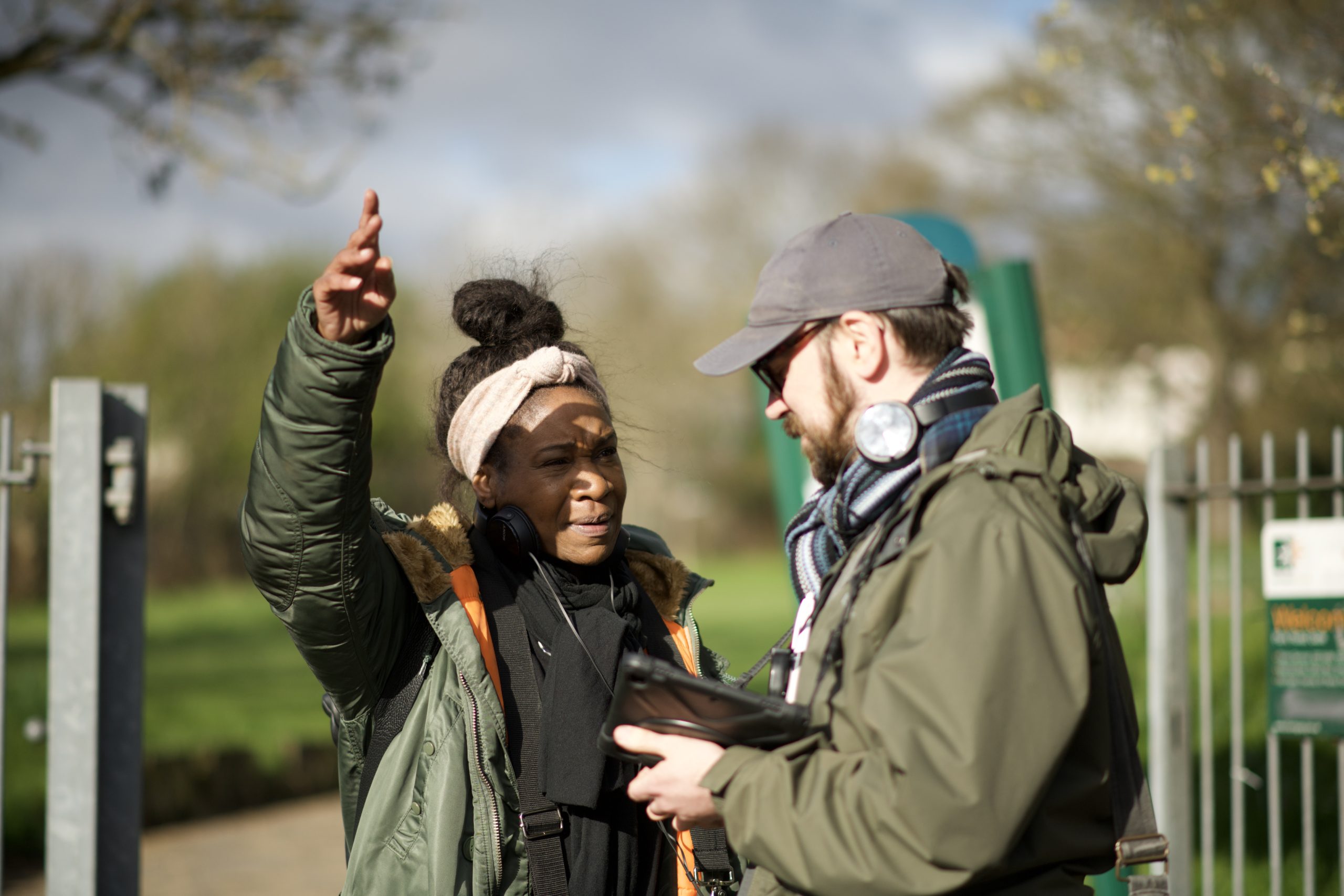
I shot it through a child’s eyes, so it’s almost entirely her point of view. I wanted it to feel immersive as the audience become Grace. Some might argue that the theme throughout Monochromatic is a story of yesteryear but sadly racism, in its many forms, is still alive and kicking.
My parents are from the Caribbean, they met here in the UK. We need to explore the first and second generation of the Caribbean diaspora because soon we will be gone. If we’re not careful we’re gonna miss the stories of immediate descendants of the Windrush generation. There have been a couple of gripping dramas like Sitting In Limbo exploring the Windrush immigration scandal, which is still ongoing, and recently Lenny Henry’s Three Little Birds, inspired by his mother’s stories about coming to the UK. Drama is a powerful tool for society to gain insight and understanding. I wrote Monochromatic to be the spring board for a much needed conversation. A love letter to those who came over from Commonwealth countries to help rebuild a post-war Britain and faced hostility, it highlights their resilience.
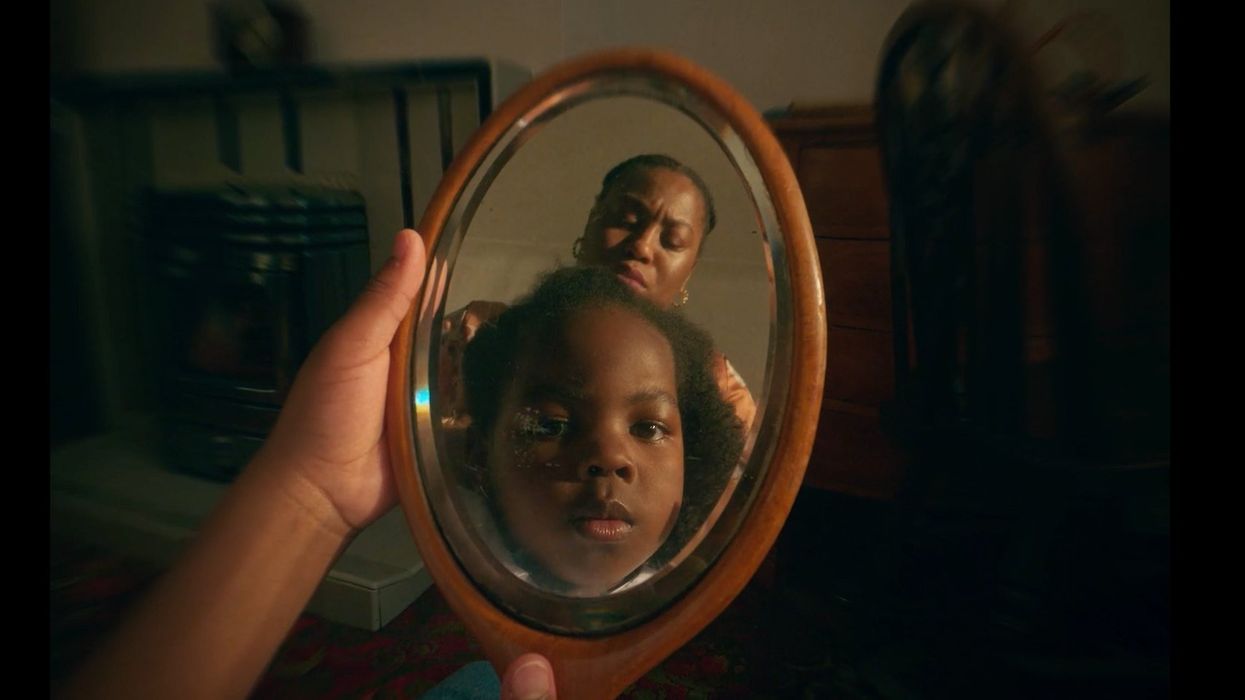
Growing up we watched TV programmes as a family and there were very few people that looked like me. And when they did, it was shows like Love Thy Neighbour which now make me cringe.
I was an awkward, shy child. I started dancing: ballet, tap, modern, right up til I was about 13. And then I started to get big and very self-conscious. One day I was bunking off at my friend’s house and her local paper had an advert for a woman who did speech and drama lessons. I ripped it out and asked my mum if I could go. We went to meet Stella Greenwood, an elderly, wonderful woman, who held classes in her house. She said to me, ‘OK, you’re not going to work, you’re too fat. But I adore your voice’. I was about 14. I kept going to those lessons. I don’t have a strong London accent because Stella whipped it out of me.
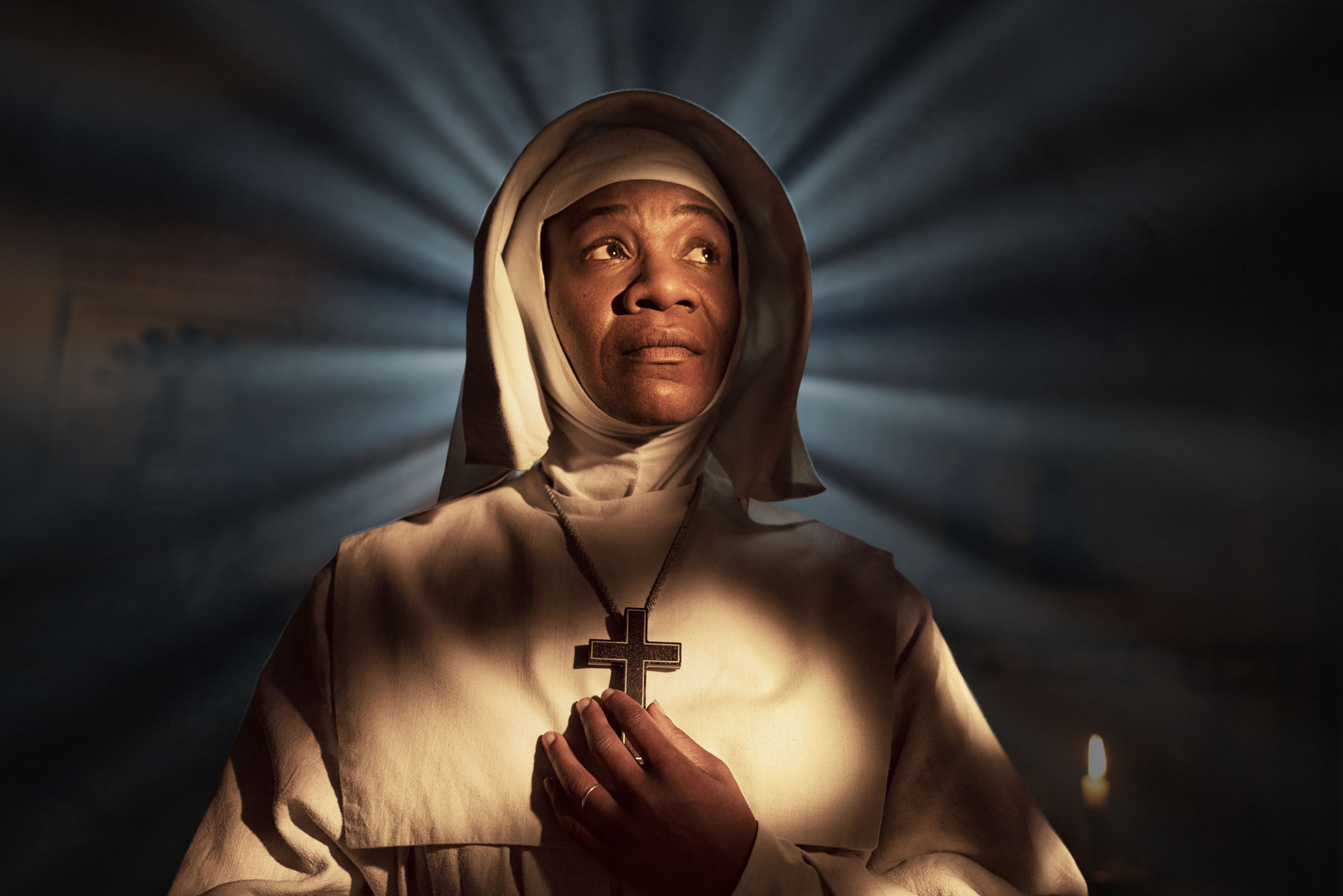
I was 17 at college and did a monologue from Jean-Paul Sartre’s adaptation of The Trojan Women and Glenda Jackson was in the audience. She came backstage, knocked on the door and said it was Glenda Jackson and we were like, ‘Yeah, right’. She asked to speak to me and was so wonderful and encouraging. Then I got into LAMDA. They taught me that no one can teach you to act, they give you the tools to deal with technical things like nerves and training your voice. I did a lot of theatre because I didn’t fit the TV mould – little ghetto kid or really pretty. I was neither so for the first 10 years of my career it was theatre and all character parts.
My career took a particular turn doing all the weird stuff. I had to work hard and learn my craft. I would love to work with Max Beesley again, I think he’s a brilliant, chancey actor. I absolutely adore Sarah Lancashire and learnt so much from the exceptional Brenda Blethyn. And Nicola Walker makes me a better actor.
As a Black, British actor, there’s a quota system which offends me. People’s mindset needs to change when it comes to diversity. About a year ago, a casting director asked me to put an audition on tape. The character was a man’s name. They just put an ‘y’ on the end to make it a woman. Right, so let’s get a Black woman and you’ve ticked two boxes. I was so offended it upset me for days. I understand that it has to be a process but I was embarrassed for the casting director.
There’s a formula with casting. If you see a white girl in the lead often enough when you see Black characters on the periphery it’s to make the main white cast look like they exist in a diverse world. Anything I write will have a majority Black cast and a Black woman over a certain age. There’s an Acting Your Age campaign which is wonderful. We don’t fall off a cliff over forty! There’s a lot of interesting stories you can have other than ‘the mum’. When it comes to diversity, an older Black woman will play a cop because she’s not connected to any on screen family. You can just plonk her in there. And as a Black woman she can be tough which is a trope. There are good and bad tropes. I need to work to live but if there are two Black stereotypes in a character I struggle to even audition for it.
Years ago, David Tennant stood up for the disparity in pay between men and women. We were doing a play. I was asked to go along with some other female members of the cast to do some publicity on our day off and David Tennant stood up and said, “I am not doing it unless we all get the same pay” because they were offering some of us way less. That was 20 years ago. And he said it out loud. And of course they paid us all the same. I love him.
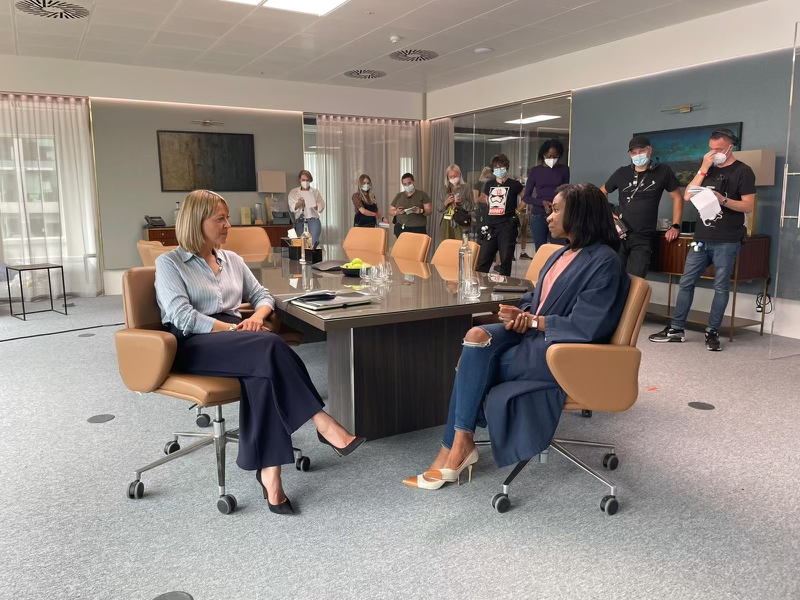
In The Spilt I played a cardiothoracic surgeon at the top of her game. Generally the things that are very fashionable with Black people are gun crime, knife crime, absent fathers and with Brown people it’s arranged marriages, terrorism, shopkeepers. We understand those sort of stereotypical tropes. Years ago I went to a meeting for the diversity campaign that Ed Vaizey and Lenny Henry were running and the heads of British TV channels were there. The general tone was, ‘We don’t mean to, we’re just not mindful.’ Because people in the writing room are all white. Unless a character has to be a particular culture, don’t describe their looks. I once went up for a part and at the end of the scene something really embarrassing happened to the character and the script said, ‘Maureen goes white’. I’m a good actress but that’s not possible.
We’ve taken Monochromatic to festivals like the American Black Film Festival in Miami which was our US premiere, Oscar qualifying HollyShorts, We Make Movies, City of Angels Female Film Festival in Los Angeles, winning Best Innovative Short Film. And we won Best International Short film at IBDFF in Canada. More recently we were nominated for several awards at Bifa qualifying Tweetfest, screening at their gala evening and came away with awards for Best Cinematography and Best Costume. I feel proud of what our incredible team achieved in making Monochromatic, enabling us to share this story here and across the pond.
I want to mix acting, writing and directing. I have another short I’m developing and a feature idea but I understand I need to earn my stripes. Who knows where this journey will take me. I’ve been telling other people’s stories for nearly 30 years. Now I’ve got a lot to say.”
www.karenbryson.com
Find out more about Monochromatic: karenbryson.com/monochromatic-short-film/news/



